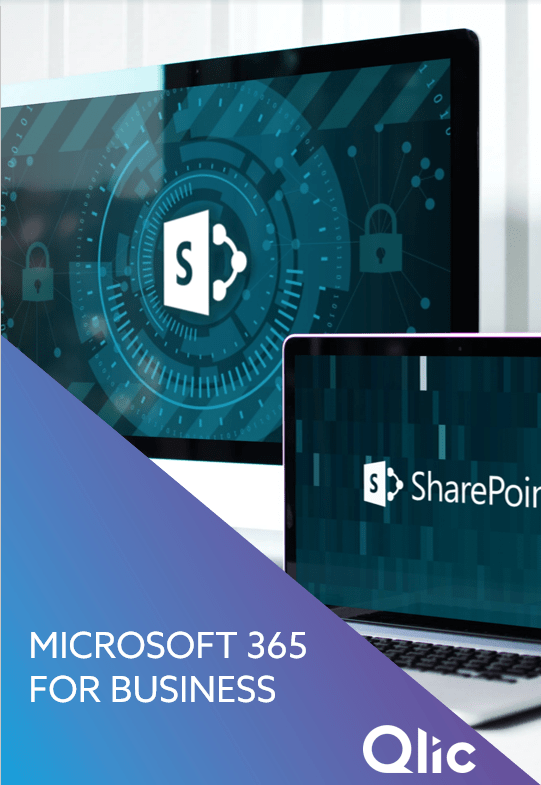The Cloud is a key step for your business’ digital transformation. It allows for more flexibility on your working environment, from being stuck in your office connecting to your on-premise server to working on the go from anywhere with an internet connection! Reliability is another key factor in migrating to the cloud. When your server is down there’s no need to panic, with the Cloud you can still access all of your data and files on your device, reducing the risk of data loss. There are many other benefits of the cloud, such as cost-saving, ease of access and even security.
Find out more about the 8 key things to consider before you take the plunge in migrating to the Cloud…

1. Reviewing Your Current On-Premise Server
Before migrating to the Cloud, check the current status of your on-premise server and review the pros of the Cloud compared to on-premise. There are several cons of having on-premise environments including, the costs associated with managing and maintaining it, software licenses and integration capabilities.
It is also important to consider the decommissioning and recycling of your server.

2. Moving Your Email To The Cloud
Moving your email to the cloud has it’s advantages. Outlook works hand in hand with the Cloud and means your business’ mail is always stored in Microsoft cloud. Microsoft 365 syncs emails, calendars, and contact information across your devices in real-time. So they are always up to date, no matter what device is in your hand.
You’ll also have industry-leading anti-malware protection and anti-spam filtering to guard your email against those ever-present mail threats.

3. Internet Connection & Bandwidth
You need to ensure your connection and networks can handle the increase of migrating to the cloud. Right now, your on-premise server doesn’t rely as heavily on your internet connection and bandwidth as much as the Cloud will.
Bandwidth is the maximum amount of data transmitted over an internet connection in a given amount of time, so making sure that your bandwidth is up-to-scratch to allow the maximum amount of data transmission to send and receive is crucial.
To find out how to secure the best possible connection, contact our Technical Account Managers who will be able to recommend the best connection lines for your business.

4. Project Management & Delivery Of Moving To The Cloud
Making sure your business’ move from an on-premise server to the Cloud is well planned will help make the process 10 times easier! Getting in touch with a third party who can help with the project management and delivery of your migration will help to put your charity at ease through even step.
Here you can view some of our recent Cloud migration projects which we have completed for many charities across the UK.

5. Taking a Look at Your Current Hardware Lifecycle
When did you last upgrade your hardware? Making sure your IT infrastructure is equipped with the newest software and capabilities is key when migrating to the cloud, as it will ensure your hardware can work hand in hand with the migration.
Find out more about hardware lifecycle here.

6. 24/7 IT Support
Ensuring your business has an IT Support provider they can rely on is highly important. Just like your server, the Cloud can also experience downtime which an IT Support will be able to help resolve and get you back up and running in no time.

7. Backup Your Cloud
Once your business is migrated to the Cloud, making sure you backup all of the important files and data you have store in the Cloud is vital.
Microsoft 365 Extended Backup ensures that you can access, control and most importantly protect your data stored in the cloud. Extended back up offers an all-encompassing backup, restore and export solution that covers Exchange Online, OneDrive and SharePoint Online.

8. Managing Your Cloud Devices With Microsoft Intune
Microsoft Intune is a Microsoft cloud-based management solution that provides for mobile device and operating system management. It aims to provide Unified Endpoint Management and protects corporate data.
With InTune you can centrally manage device security and policies and make all the security requirements and changes to Windows default policy that are required for Government Accredited Cyber Essentials Scheme.

Find Out More About Cloud Software
Find out more about Cloud software and its capabilities by downloading our Microsoft 365 brochure for free! Download your copy of our Microsoft 365 brochure here.
FREE IT Consultation For Your Business
Receive a completely FREE IT consultation for your business. Book in a time that suits you here, and one of our Technical Account Managers will recommend the best practice for migrating to the cloud.





